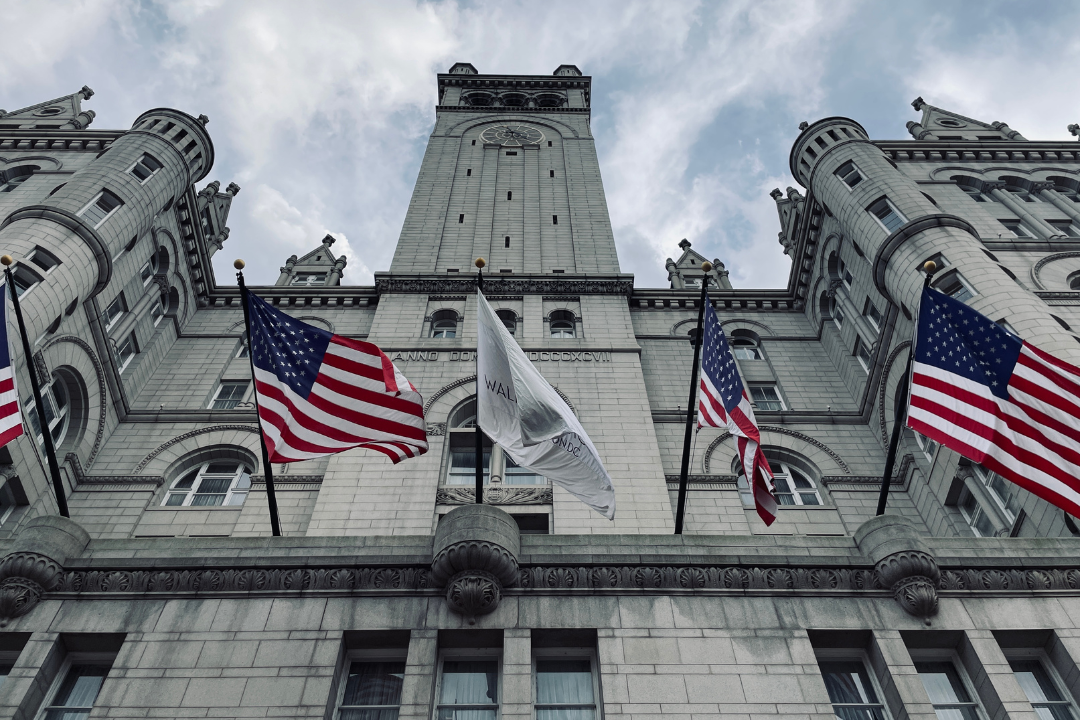As the global economy faced significant challenges during Donald Trump’s presidency, world leaders played an essential role in shaping the discourse around his controversial tariff policies. Trump’s administration implemented tariffs on various goods, arguing that they were necessary to protect American jobs and industries. However, these measures often sparked retaliatory tariffs from other nations, leading to a series of trade disputes that reverberated across the globe. In this situation, world leaders scrambled to influence Trump’s decisions, hoping to mitigate the potential damage to their economies.
Countries such as Canada, China, and the members of the European Union were particularly vocal in their opposition to the tariffs. Canadian Prime Minister Justin Trudeau emphasized that the tariffs on steel and aluminum were not only harmful to Canada but also detrimental to American consumers. He stated, “We are extremely disappointed by the unjustified decision of the United States to impose tariffs.”
Countries like Canada and China expressed strong opposition to U.S. tariffs, highlighting their negative impact on both their economies and American consumers.
Similarly, Chinese officials condemned the tariffs as a form of economic coercion, arguing that such policies would ultimately harm global trade relations. Their responses underscored a collective concern regarding the negative implications of protectionist measures.
In an attempt to sway Trump’s administration, many leaders engaged in diplomatic discussions and negotiations. European Commission President Ursula von der Leyen noted the necessity of a united front, stating, “We must work together to resolve these trade tensions.” By presenting a coalition of nations against unilateral tariff actions, world leaders aimed to demonstrate the potential for economic fallout, which could include job losses and increased consumer prices in the United States.
Despite these efforts, the effectiveness of world leaders’ influence remained uncertain. Trump’s administration frequently emphasized its commitment to prioritizing American interests, often viewing international pushback as an affirmation of their policies. The president himself claimed, “Trade wars are good, and easy to win,” indicating his steadfast belief in the benefits of tariffs, regardless of global opposition.
This attitude complicated the ability of other leaders to persuade the U.S. government to reconsider its approach. As the trade disputes unfolded, the global economy faced a precarious situation. The scramble of world leaders to influence Trump’s tariff policies highlighted the interconnectedness of international trade and the potential repercussions of isolationist strategies.
The long-term effects of these tariffs would likely shape the global economic landscape for years to come, as nations grappled with the consequences of these contentious policies.














